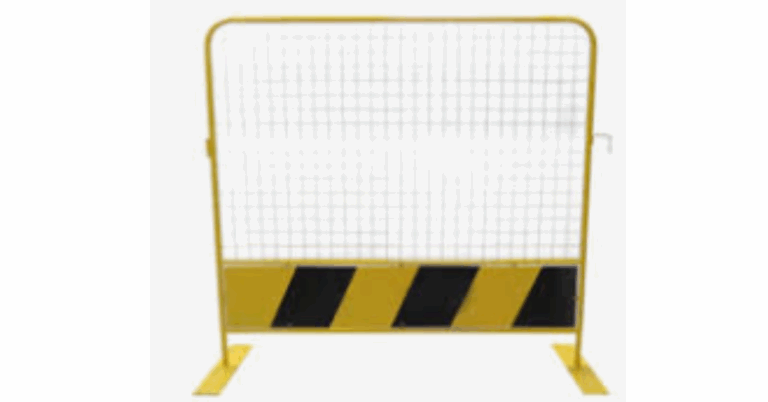Aerospace Industry Supplier Relationship Management
betbook250 com login, reddyanna247, play lotus365.com login:The aerospace industry supplier relationship management is a critical aspect of the aerospace industry. Suppliers play a crucial role in the success of aerospace companies by providing essential components, materials, and services. Developing strong relationships with suppliers is key to ensuring the timely and cost-effective delivery of high-quality products to customers.
In this article, we will explore the importance of supplier relationship management in the aerospace industry and provide some tips on how to effectively manage these relationships.
1. Importance of Supplier Relationship Management
Supplier relationship management is essential in the aerospace industry for several reasons. Firstly, suppliers are a critical part of the aerospace supply chain, and their performance directly impacts the quality, cost, and delivery of products. By developing strong relationships with suppliers, aerospace companies can ensure that they receive high-quality products on time and at a reasonable cost.
Moreover, suppliers often have valuable expertise and capabilities that can help aerospace companies improve their products and processes. By maintaining good relationships with suppliers, aerospace companies can tap into this knowledge and innovation to stay ahead of the competition.
2. Tips for Effective Supplier Relationship Management
To effectively manage supplier relationships in the aerospace industry, companies should follow these tips:
– Communication is key: Good communication is essential for building strong relationships with suppliers. Companies should keep suppliers informed of their requirements, expectations, and any changes in the supply chain. Regular meetings and open lines of communication can help prevent misunderstandings and ensure that both parties are on the same page.
– Establish clear expectations: It is important to establish clear expectations with suppliers regarding product quality, delivery schedules, pricing, and other terms. Setting clear expectations upfront can help prevent disputes and ensure that both parties are satisfied with the arrangement.
– Build trust: Trust is a critical component of any successful relationship, including supplier relationships. Companies should strive to build trust with their suppliers by being honest, transparent, and reliable in their dealings. Trust can help foster a positive working relationship and lead to better performance from suppliers.
– Monitor performance: It is important to monitor the performance of suppliers regularly to ensure that they are meeting expectations. Companies should track key performance indicators such as on-time delivery, quality defects, and cost savings to identify any areas for improvement. By monitoring supplier performance, companies can address any issues promptly and maintain high standards of quality and efficiency.
– Collaborate on innovation: Suppliers often have unique expertise and capabilities that can help aerospace companies innovate and improve their products. Companies should collaborate with suppliers on new product development, process improvements, and cost-saving initiatives to leverage their expertise and drive innovation.
– Resolve conflicts quickly: Disputes and conflicts can arise in any relationship, including supplier relationships. Companies should have a process in place for resolving conflicts quickly and effectively to prevent disruptions in the supply chain. By addressing conflicts promptly and fairly, companies can maintain positive relationships with suppliers and ensure continued collaboration.
3. FAQs
Q: How can companies identify the right suppliers for their aerospace operations?
A: Companies can identify the right suppliers by conducting thorough research, evaluating supplier capabilities, and verifying their quality standards and certifications. It is important to choose suppliers that can meet the company’s requirements for quality, cost, and delivery.
Q: What are some common challenges in supplier relationship management in the aerospace industry?
A: Some common challenges in supplier relationship management in the aerospace industry include communication barriers, cultural differences, quality control issues, and supply chain disruptions. Companies must proactively address these challenges to maintain strong supplier relationships.
Q: How can companies measure the performance of their suppliers?
A: Companies can measure the performance of their suppliers by tracking key performance indicators such as on-time delivery, quality defects, cost savings, and customer satisfaction. By monitoring supplier performance regularly, companies can identify areas for improvement and ensure that suppliers are meeting expectations.
In conclusion, supplier relationship management is a critical aspect of the aerospace industry that can impact the quality, cost, and delivery of products. By following these tips and best practices, aerospace companies can build strong relationships with their suppliers and drive innovation and efficiency in their operations.







